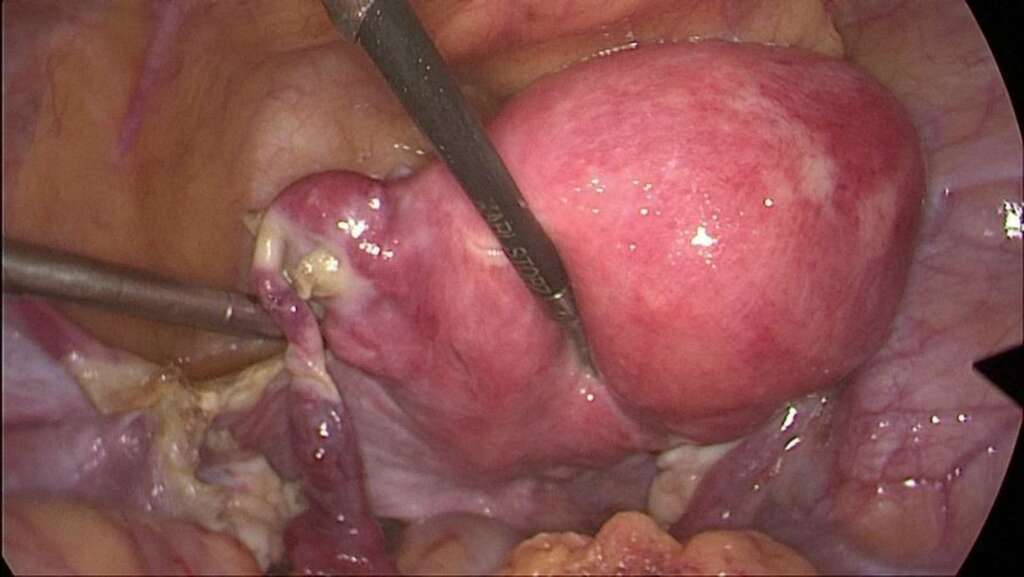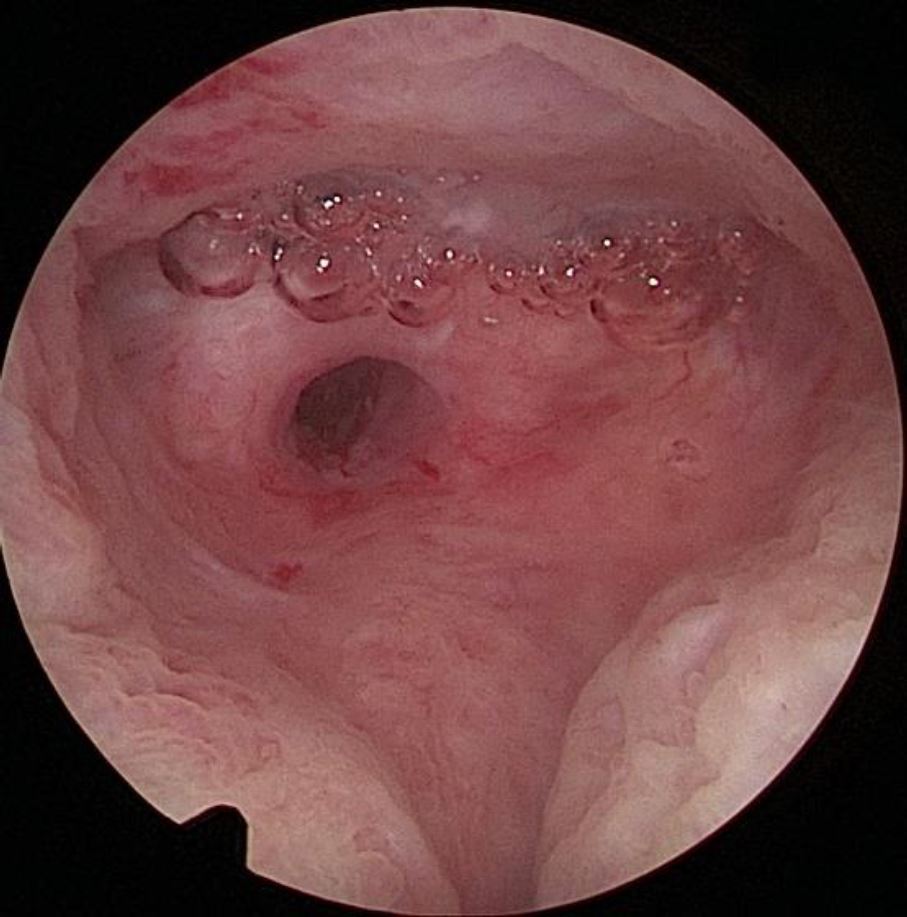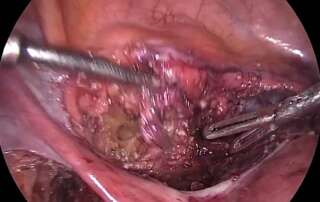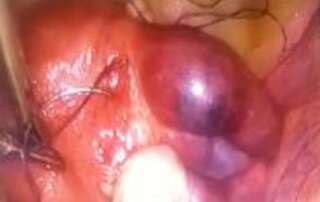Dear friends and readers,
It goes without saying that we, as a gynaecological community, are committed to women. However, we need to broaden our view beyond the pure gynaecological problems. To date, the development of drugs and diagnostic regimens in particular has been oriented towards men. For example, the body’s own enzyme “CYP3A4”, which is responsible for the metabolism of more than half of all prescribed drugs, may be more active in women than in men. With other enzymes of the “CYP family”, on the other hand, it can behave exactly the opposite way – with correspondingly different effects on the active levels in the body!
On average, women with a heart attack arrive at the emergency room one hour later than men. Why? Because women do not have the typical symptoms of a heart attack, such as chest pain or tingling in the arm, but are more prone to nausea and back pain, for example. However, since general society, and thus also medically, is usually thought of in normatively male terms, many people are not aware of this.
For example, drugs are still tested almost exclusively on men, which means that they can often be not only ineffective for women, but in the worst case even dangerous. Women are not “little men”. The metabolism in organs and cells is often controlled by much more complex hormonal influences. The pharmaceutical industry prefers men because they cannot fail due to pregnancies and are not subject to a hormonal cycle, which significantly reduces costs but can ultimately be fatal for women.
In every medical textbook, unless it is explicitly about female anatomy, there are almost exclusively depictions of male bodies. And the teaching of psychology is also often about normatively masculine structures and patterns. The movement of gender-equitable medicine tries to uncover and remedy precisely these grievances in order to ensure differentiated medicine in the future. For this reason, education on the topic of gender-specific medical differences must already be taken up during the course of study, and both prospective physicians and anyone else interested must be able to contribute to a holistic approach to medical problems in the future.
As gynaecologists, we have to know about it on the one hand and pass on this knowledge on the other. On the one hand, it is a question of gender equality, and on the other hand, it is a medical duty.
In this issue we have compiled a special case-reports for you, but also original works from Africa. I hope you enjoy reading it.
Yours
Günter Noé
Editor in Chief
Immediate Past President ISGE









